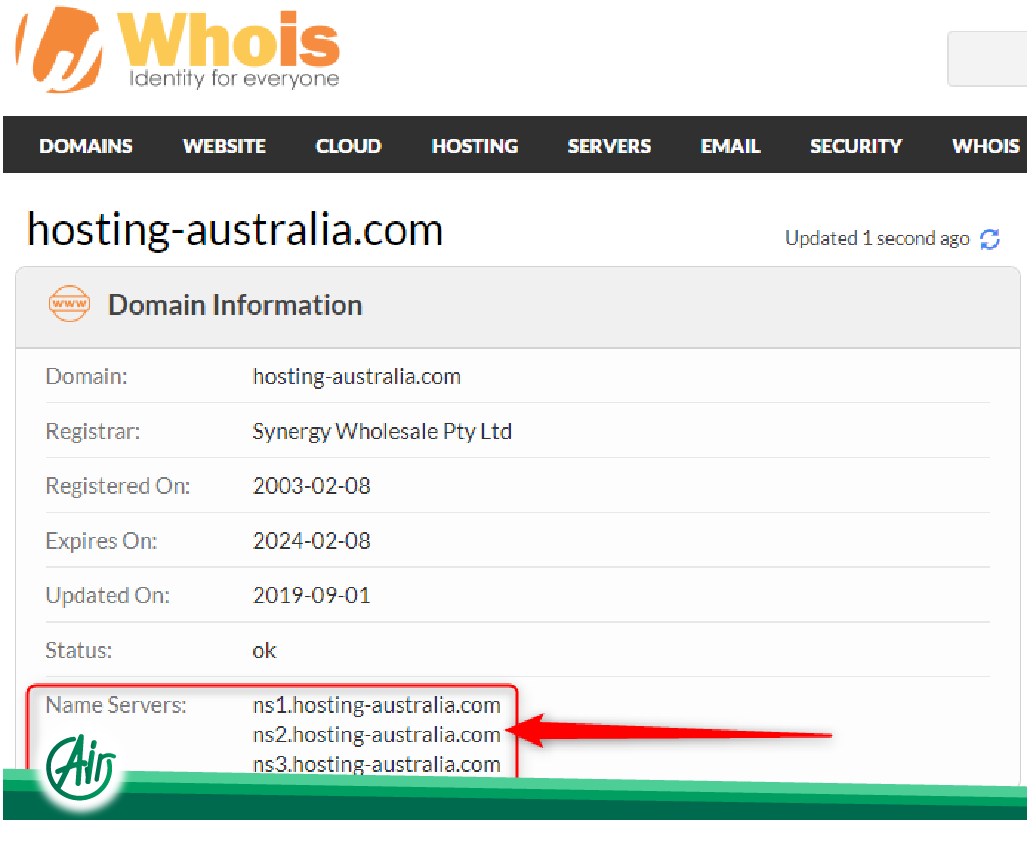Whois History
In general, domains are one of the most essential components of the Internet. Without them, we cannot send emails, connect to social networks and of course, check web pages on the net. In the early days, not only was registering a domain name a long and tedious process, it wasn’t even accessible to everyone. Nowadays, anyone can register a domain with different TLDs such as myblog.com, myblog.net, myblog.org, etc. for a small fee for one year.
When you register a domain, you have to provide a lot of personal information. These details are called “Whois History” or “Whois records”. WHOIS information includes standard details such as email address, phone number, address, city, and country of the domain registrant. It also includes the date of registration, update, expiration date, etc. of your domain.

WHOIS records also include contact information for technical and administrative contacts. This information is published by all domain registrars and is accessible to all via the Internet and is required by ICANN. Because domain registrars are often concerned about exposing their personal information on the Internet, they use a WHOIS protection service that protects their personal information. However, many cybercriminals use this WHOIS protection service to hide their true identity. Fortunately, WHOIS records can reveal a lot by tracing their tracks.
The value of Whois records
What is the value of Whois history? What can be done with the information in these records?
One of the most important benefits of Whois records is to create a connection between domains and domain owners (businesses organizations or even specific people).
It provides the possibility of tracking in relation to domains that operate to moral cases, child abuse, gender, and racial discrimination.
Ability to track and prevent illegal online services such as DDoS stressor services (such as WebStresser.org) to take down other sites and servers, online delivery of illegal drugs, and the like.
It is also possible to create a secure connection between business sites and customers and ensure a healthy purchase.
What is whois history?

WHOIS history is generally a database of all the domain registrant’s personal details, name server, update information, expiration date as mentioned earlier. Just as passive DNS provides useful information about the history of DNS records, WHOIS history also allows you to capture the entire domain history for popular TLD-based (Top Level Domain) domains on the Internet. Having historical WHOIS records for each domain allows you to “before and after” changes to perform security research on each domain and can even be useful for identifying specific types of cyber security attacks.
The importance of Whois history in cyber security
According to studies, cybercrime will cost about 8 trillion dollars every year by 2023. Your business may be affected. Online businesses are always vulnerable to various types of attacks. For this reason, knowing how to use WHOIS records is a very valuable skill. Infosec professionals can use WHOIS data to prevent future security issues or conduct cybercrime investigations against domain owners. Brand representatives use WHOIS history tools to protect their customers from copyright. Combining WHOIS information with DNS can provide important information about attackers and even prevent problems for your business.
Whois history helps you to:
- Identify domain owners
- Associate domain information with other similar domains
- Detection of WHOIS changes, including name servers
- Watch your brand for copyright
- Check for domain ownership issues
- Identify phishing domains
Conclusion
Researching WHOIS records is one of the most effective ways to obtain information about domain name owners. Before Whois History existed, searching and extracting information from domain records would take days or even weeks. Thanks to the Whois History database, you can track any name server changes not only in DNS records, but also the domain registrant’s personal information and even updates, expiration dates, etc. of domains.





